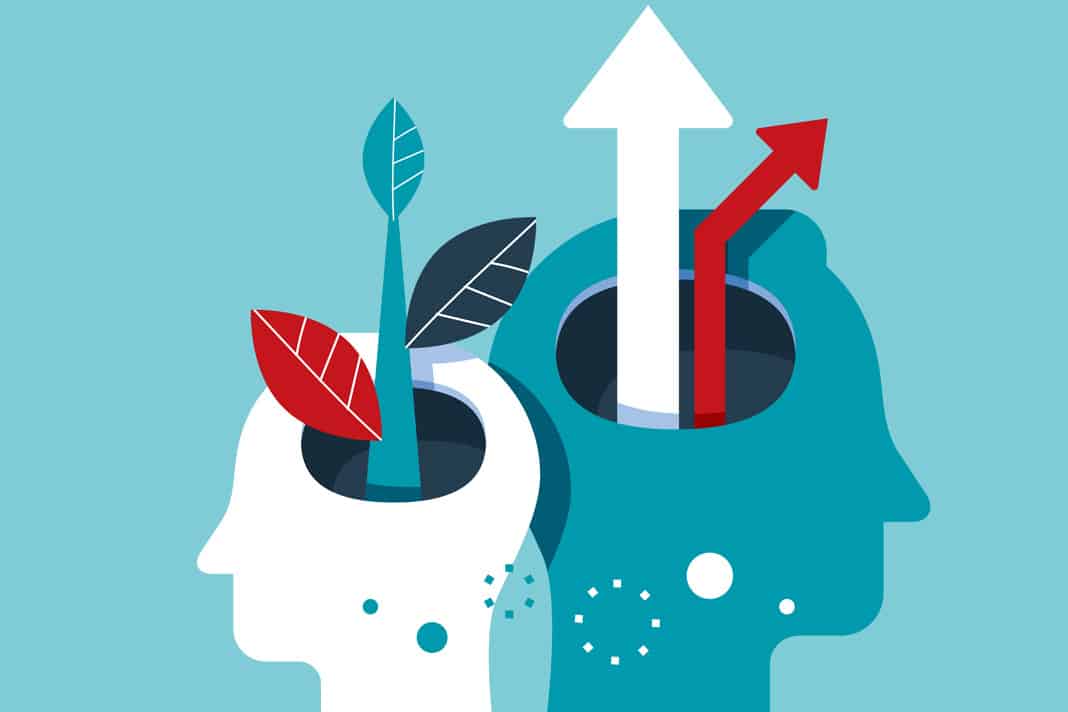Dr Daniel Glorioso discusses the value of mentoring, as part of the tutoring process, in helping children to cope with anxieties
Mentorship is nothing new. Indeed, it can be traced back to Homer’s Odyssey in the 8th century BCE. It works by fostering well-being and mental health in children and young people, inspiring them to develop their imagination and creativity, and guiding them in becoming responsible human beings. Mentors can analyse a student’s personal learning process and explain to them how to deal with anxiety caused by, for instance, fear of disappointment or frustration. This process helps them to find a path of improvement and achievement.
There are fundamental differences between mentoring and coaching. A coach can be defined as a (qualified) person who gives extra training for short periods of time towards goals with defined plans. In contrast, mentors are advisers respected for their knowledge, wisdom, empathy, integrity, and vision of lifelong education and learning. For true mentors, their mentees’ success is the main reward.
At Pyramidion, we combine many years of research and tutoring in maths and physics with experience in mentoring, applied to children and young people experiencing academic anxiety and related mental health issues. At Pyramidion, tutoring is the structure and mentorship the underlying purpose.
From experience, it is crucial that students know that they can reach their mentors when they need help – this enables them to see a wider perspective, enhances their self-confidence, and helps them understand that they can control anxiety with time. Through wisdom and empathy, mentors can detect and monitor signs of anxiety and act in a timely way, also working in frequent consultation with parents. In many situations, their input may be the most effective way to reduce issues without resorting to therapy or medication.

“Instead of psychologically overprotecting children, we should trust their resilience”
As children make sense of their world, they naturally develop defence mechanisms to survive independently – part of that is recognising familiar faces and environments as safe. But in recent months school children have been isolated from friends and teachers under lockdown. Their routines have been suddenly broken in ways unseen for generations, and hence they have lost some of their sense of safety and joyfulness. And although it is natural to feel anxious about the unknown as we all adapt to new situations, when children turn to us for comfort and guidance, we are here to play our reassuring roles as expected. Each child needs to be appreciated as unique, grow up in calm, loving environments, and experience a much less stressful education system.
Quite naturally, given recent events, there is increasing anxiety in children and young people. There is fear of being left behind and uncertainty in career prospects. This is added to pre-existent worries about many other things – climate change, the environment, consumerism, appearances, and so on. Hopefully, the majority of young people will adapt, however, they fear for their future, feel disillusioned with previous generations, and are challenging adults for what they perceive as a lack of concern and responsibility.
In my opinion, instead of psychologically overprotecting children in the current circumstances, expecting things to return to the previous normality, we should trust their resilience and allow them to become protagonists of their own, kindlier world. If we could think positively about how Covid-19 is affecting humankind, we might also see that there is a unique opportunity for change induced at global scale, where adults respect, protect and guide all children and young people, from whom we can learn invaluable lessons.
Further reading: Why mentoring is on the rise
You may also like...

























